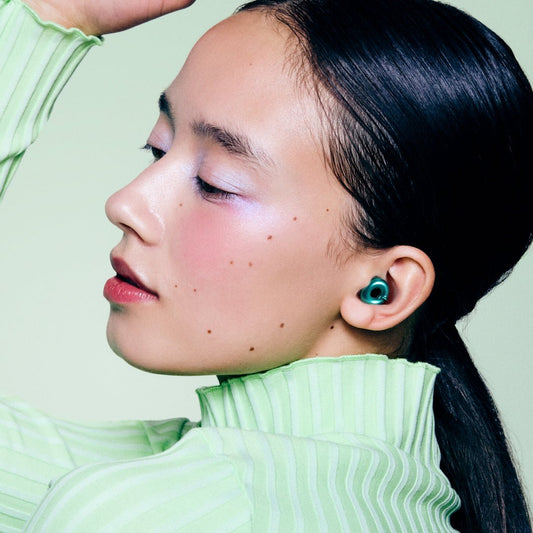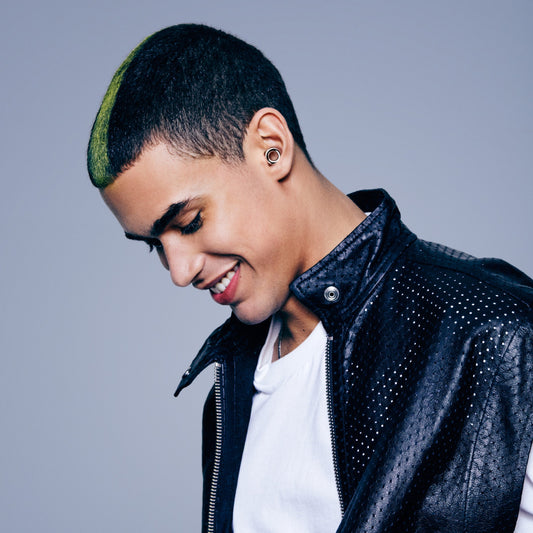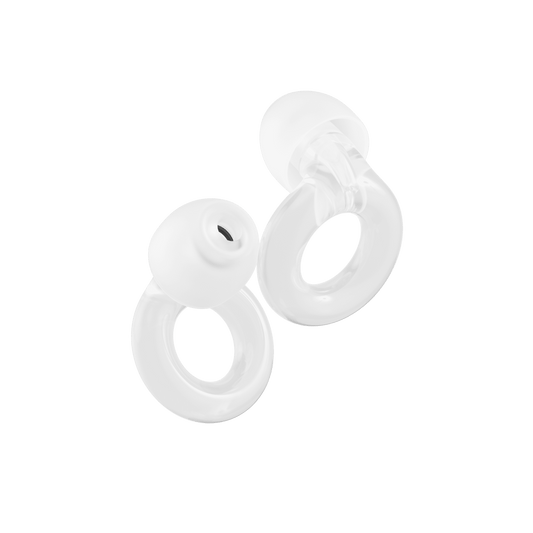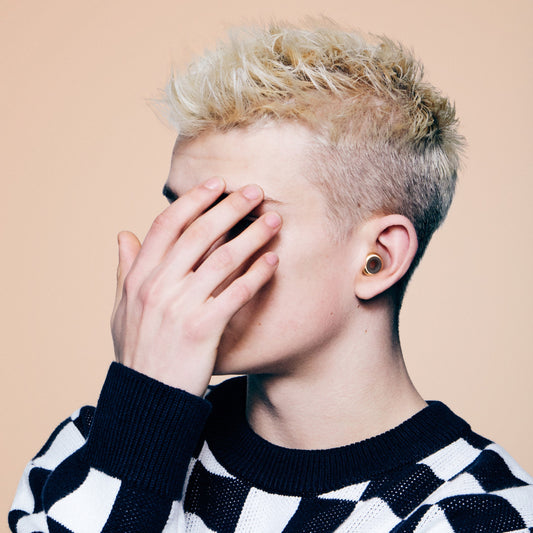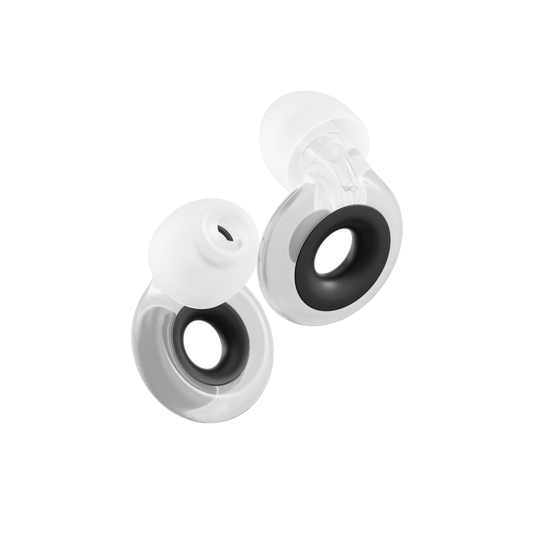Sometimes when you come back from a loud party, you may feel something is not quite right with your hearing. Like your ears are stuffed with cotton wool. Or worse you hear a ringing.
Not only do you perceive speech a little worse. “Whaaat?” All the sounds are slightly dull, like coming from behind a wall or at least a thick blanket. You may also experience a static, high pitch sound, like a “no signal” tone of an old TV set.
Sounds familiar? The frequency and loudness may vary and even change over time. This ringing noise usually stays with you the day after a loud event. You may ask yourself: “Why do I have a ringing in my ears?” Compare it to a nasty hangover reminding you that you’ve gone a little bit too far this time… But what if it doesn’t leave?
Don’t panic
Although the question “Am I going crazy?” may come through your head more than once because you have no clue what is happening to you. And those strange noises you are hearing in your head can drive you mad at times, don’t worry – it is normal.
In fact, many of the world’s biggest stage artists, from Moby to Barbra Streisand to members of Metallica – and the list goes on and on – suffer from the same kind of thing you are experiencing right now.
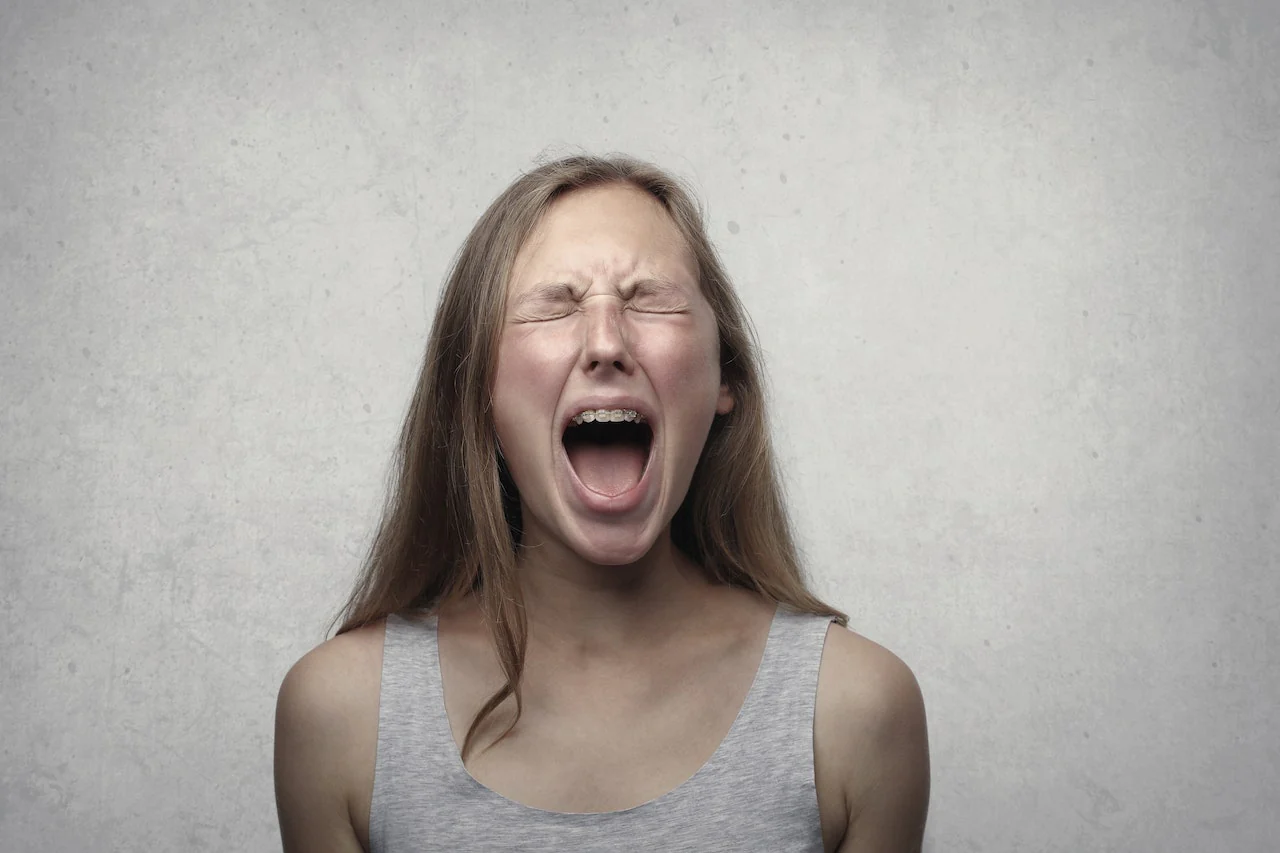

It doesn’t only affect musicians.
Anyone from construction workers to industrial staff, race car drivers and even their spectators.
Why do I have ringing ears?
Tinnitus is not a disease itself. It can be a result of ear infections, heart diseases, brain tumors, emotional stress and physical exhaustion. It may even be a side effect of certain medicines.
But aside of all these possible circumstances, what causes ringing in the ear most often is exposure to high levels of acoustic pressure.


Listening to loud music at parties and concerts, with headphones (especially earbuds) are the most common risk factors. Something your parents have probably been warning you about.
Well, it would be fair to admit they were right, at least this time. But even constant traffic noise and the sounds in your working environment DO have a destructive impact on your hearing. Which in the long term may lead to hearing loss and – you guessed it – tinnitus!
How do I stop my ringing ears?
Quite frankly, it is very hard or nearly impossible to predict how long your ear ringing will last. Because each case of tinnitus is different and depends on many factors.
It can go away after a day or two. Go see a doctor as soon as possible if the ringing appeared suddenly without any loud event. Or if the ringing continues longer than two days.
The human body has the ability to heal itself. Like flesh wounds or broken bones, your damaged hearing has the ability to recover.
Yet, it may never reach the state of full recovery, and your hearing may never be the same as before. Once suffered from hearing damage, you will be more susceptible to injury in the future.
Any loud sound can cause the immediate return of previous symptoms or the emergence of new ones. Like feeling physical pain with almost every sound you hear.
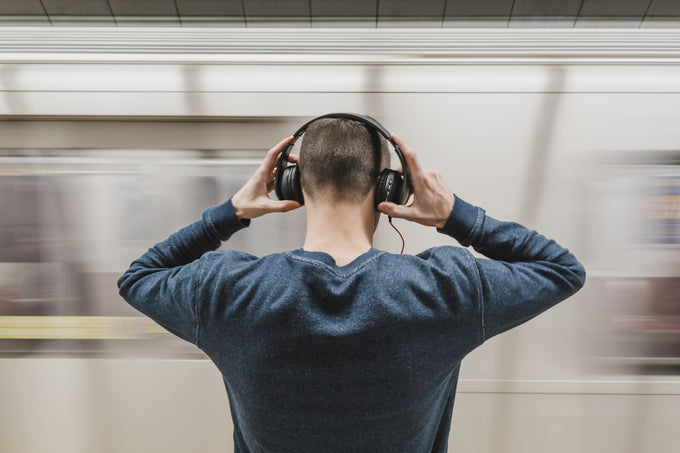
The hearing is very vulnerable and once you lose it, you may never get it back. That is why it is crucial that you take every measure to protect it because you might accidentally and unconsciously reach a point of no return.
Keep in mind that the worst part about tinnitus is that it may never leave. It will haunt you for the rest of your life like an annoying nursery rhyme you hated in your childhood.
You’re not alone
Don’t feel downhearted about it. You’re not alone, it’s one of the side effects of the modern world.
Most often we know about musicians suffering from tinnitus because of their fame and media presence. It concerns a lot of regular people no matter their age, sex, nationality, profession or wealth. It is a problem shared by thousands of people. Which is also addressed by organizations, companies and authorities globally.
If you can’t find a local support group near you, join an online community of people suffering from tinnitus. You’ll feel more comforted the moment you realize you can reach out to people who understand you.
Especially if your hearing loss causes direct communication problems and leads to the feeling of isolation.
Here are some links you might find useful:
https://www.tinnitustalk.com/
https://tinnitus.supportgroups.com/
https://www.ata.org/managing-your-tinnitus/support-network
http://www.hearingspeech.org/main/care-treatment/support/tinnitus-support-group/
https://www.tinnitus.org.uk/find-a-support-group
Governments introduce noise pollution regulations and health programs. There are institutions operating over national and political borders, like World Health Organization. An organization who keep an eye on the problem of hearing disorders.
Meanwhile, scientists all over the globe are working hard to plan new methods, medicines and tools to fight tinnitus. And so do companies who provide specialized medical equipment and hearing protection products.
What can I do to protect myself?


Taking all of the above into account, you’ll probably agree that looking after yourself in terms of hearing protection is something you might give a little more thought from now on.
While there is still no 100% proven cure for tinnitus, you can certainly take some steps to lower the risk of getting it, or minimize the losses if you already have.
Rule number one on keeping your ears intact is to avoid noisy places and loud events. These places include: racetracks, shooting ranges, sport arenas, music clubs, concert halls…Sounds hard, right?
Ultimately, we all want to have a good time in our lives. Going to parties, sports games or music festivals seems like a pretty normal and harmless activity. And they CAN be like that if you take some necessary precautions.
Of course live sound engineers and DJs are supposed to comply to international or regional loudness limits, but they not always do… and even if they did, standing right in front of a PA speaker all night long won’t go by unnoticed by your hearing organs.
The best way to keep your ears safe is to block the sound attacking your eardrums. You can do this by using protective earplugs, some cities even require free earplugs at live music venues.
Yes, you could think they are uncomfortable and unsexy. But the era of wax-based stoppers your parents (them again!) used when they couldn’t sleep, has long gone.
Thanks to latest research and modern technology such as 3D printing, in-ear hearing protection is more user-friendly and looks cooler than ever!
Simply put, it is the smartest and cheapest way to ensure your well-being while letting you fully enjoy your nightlife just the way you like it.
What makes an earplug ‘great’? There is not just one secret feature for a great earplug, it all depends on what you’ll be using them for. We’ve listed the top features of the most popular events where you should be protecting your ears.
Earplugs for Concerts
Earplugs for Nightlife and Clubbing
Earplugs for Festivals
Earplugs for Musician
Earplugs for Motorcycling/Motorsport
Earplugs for Travel














